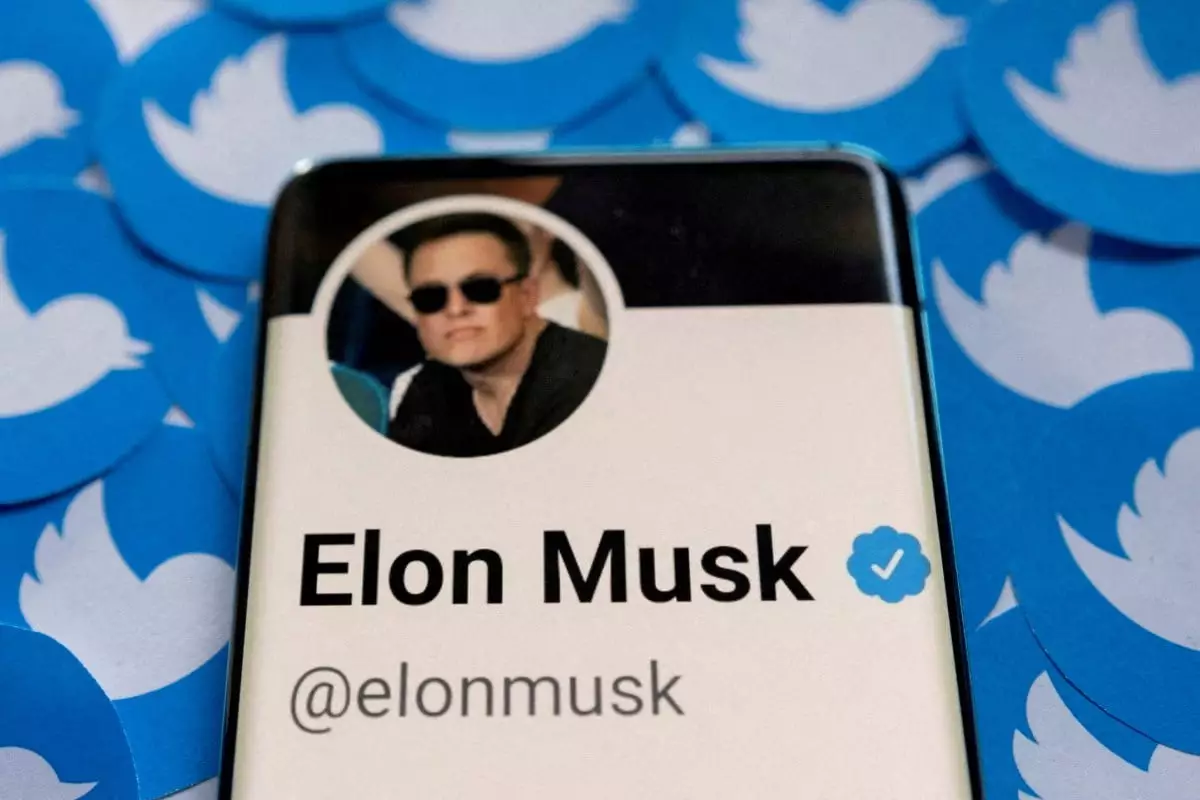A U.S. judge recently made a decision to throw out Elon Musk’s lawsuit against a nonprofit group that criticized him for allowing a rise in hate speech on his social media platform X (formerly Twitter). The judge, U.S. District Judge Charles Breyer in San Francisco, made it clear that Musk’s lawsuit was an attempt to punish the nonprofit for its criticism and to intimidate others from engaging in similar actions. This decision comes as a blow to Musk, who has faced criticism for his handling of misinformation and abusive content on the platform since acquiring Twitter for $44 billion in October 2022.
In response to the judge’s decision, X released a statement expressing their intention to appeal. On the other hand, Imran Ahmed, the chief executive of the Center for Countering Digital Hate, welcomed the ruling as a validation of their right to hold social media companies accountable for their decisions. The nonprofit’s lawyer, Roberta Kaplan, emphasized that the decision underscores the principle that Musk cannot manipulate the rule of law to suit his own interests.
This lawsuit is just one of many legal battles that Musk and X have found themselves embroiled in. Former Twitter executives have accused Musk of withholding severance improperly, while vendors have claimed they were not paid. Additionally, Tesla, the electric vehicle maker run by Musk, has faced lawsuits alleging the toleration of worker harassment, which the company has denied. These legal challenges highlight the complex web of controversies surrounding Musk and his businesses.
X accused the nonprofit of violating a 2019 user contract by manipulating data to create false reports that painted X as a hub for hate speech and misinformation. Despite X’s argument that the nonprofit was obligated to adhere to Musk’s policy changes or leave the platform, Judge Breyer ruled in favor of the nonprofit, stating that it could not have predicted Musk’s takeover and subsequent moderation changes. This highlights the challenges posed by evolving social media environments and the responsibilities of platforms to address harmful content effectively.
In addition to facing criticism over the content on his platform, Musk himself has been the subject of complaints regarding his speech. In a concerning incident in November 2023, Musk endorsed an antisemitic post on X, sparking backlash. Musk has denied being antisemitic and has taken steps to address the issue, such as visiting Auschwitz in an attempt to make amends. These controversies underscore the importance of responsible communication and the need for public figures to be mindful of the impact of their words.
The dismissal of Elon Musk’s lawsuit against the Center for Countering Digital Hate sheds light on the complexities of addressing hate speech and misinformation on social media platforms. The ruling serves as a reminder of the boundaries of free speech and the responsibility of platforms and individuals to act conscientiously in their online interactions. As society navigates the challenges of regulating online discourse, it is crucial for stakeholders to work together to foster a safe and inclusive digital environment for all users.


Leave a Reply